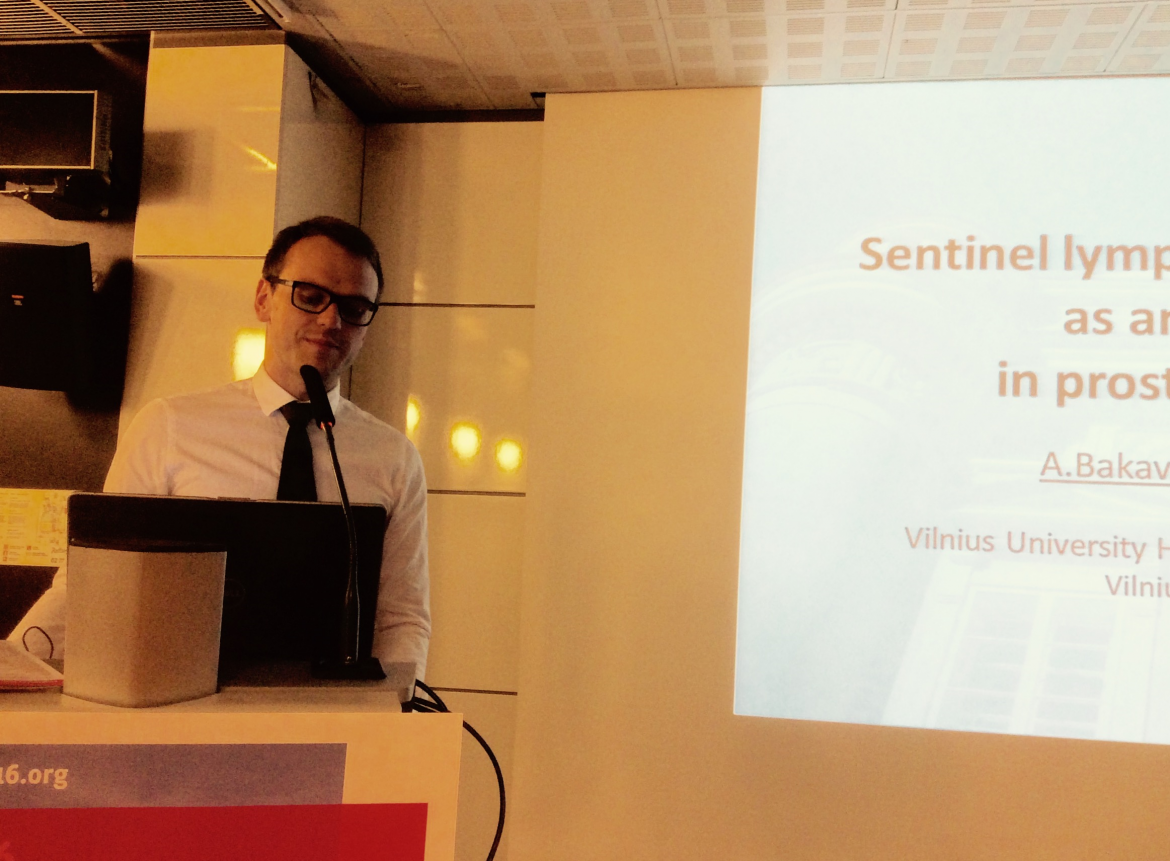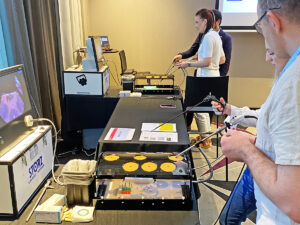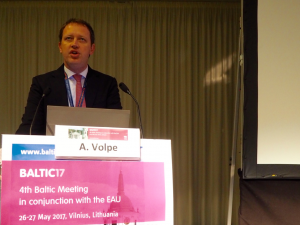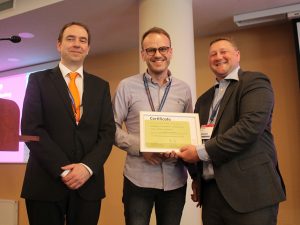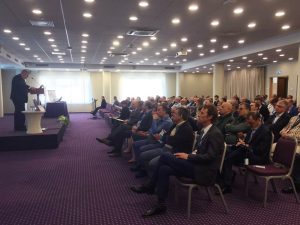The various benefits and drawbacks of surgical techniques in prostate and kidney surgeries were examined by presenters during the Young Urologists Competition, a well-attended session at the 3rd EAU Baltic Meeting in Tallinn.
Representing Lithuania, Dr. A. Bakavicius examined sentinel lymph node mapping as an option in prostate cancer. Bakavicius looked into the complications often encountered in procedures such as limited and extended lymphadenectomy.
“Extended pelvic lymphadenectomy (ePLND) should be performed for staging and therapeutic intent,” he said while underscoring that due to high false negative results sentinel nodes (SNs) lymphadenectomy cannot replace ePLND.
“Instead of super-extended PLND, ePLND plus dissection region with SNs could be considered,” Bakavicius added.
On the other hand, contestant Dr. Igors Carevs from Riga, Latvia, gave a comprehensive overview on retropubic and perineal approaches for radical prostatectomy and discussed patient criteria selection, the resurgence of radical perineal prostatectomy (RPP) and its disadvantages.
“Perineal prostatectomy is a less invasive complement to retropubic approach if lymph node dissection is not required,” he said and added that it is equivalent to RPP in terms of cancer control.
Meanwhile, Dr. Margus Krabi took up contemporary dilemmas in small renal masses (SRMs) and discussed issues such as the role of active surveillance for patients with SRMs. He noted that there are many unresolved issues with SRMs, and that further studies are needed to shed light on aspects such as quality of life and the benefits and drawbacks of surgical approaches, among others.

